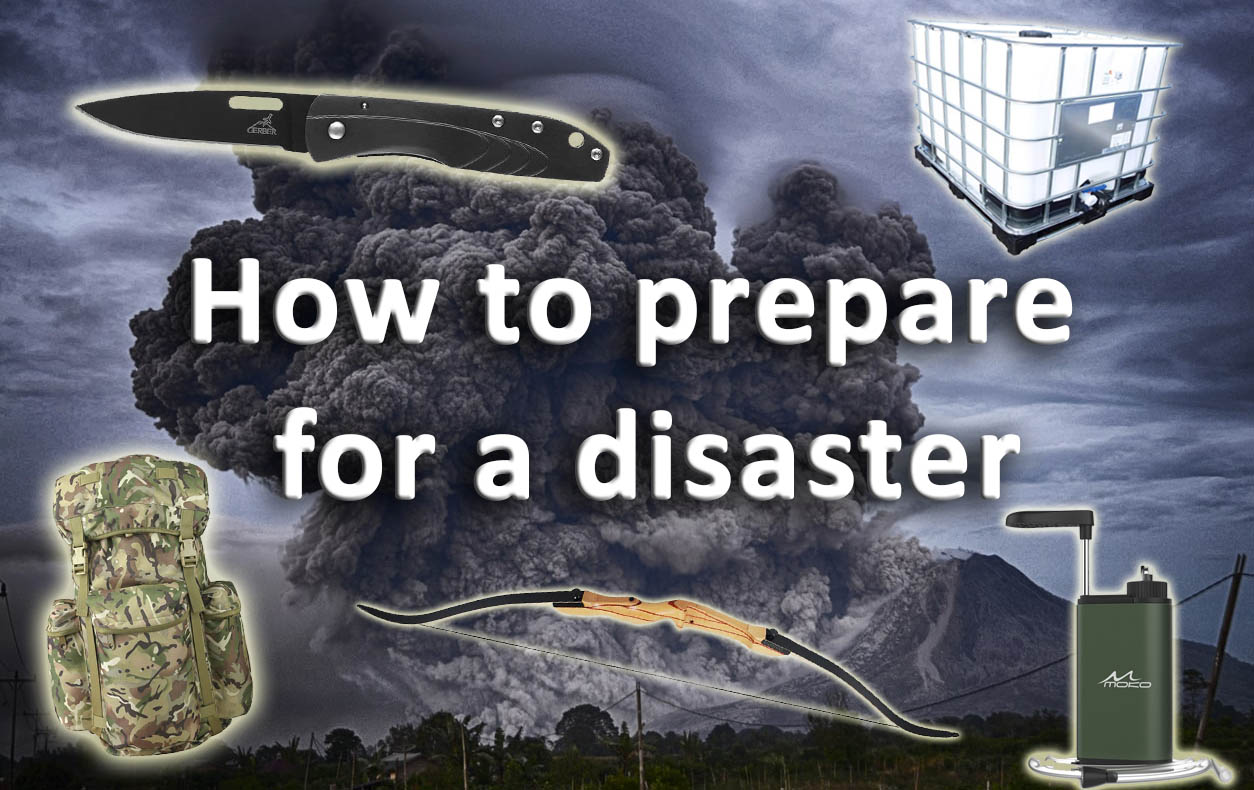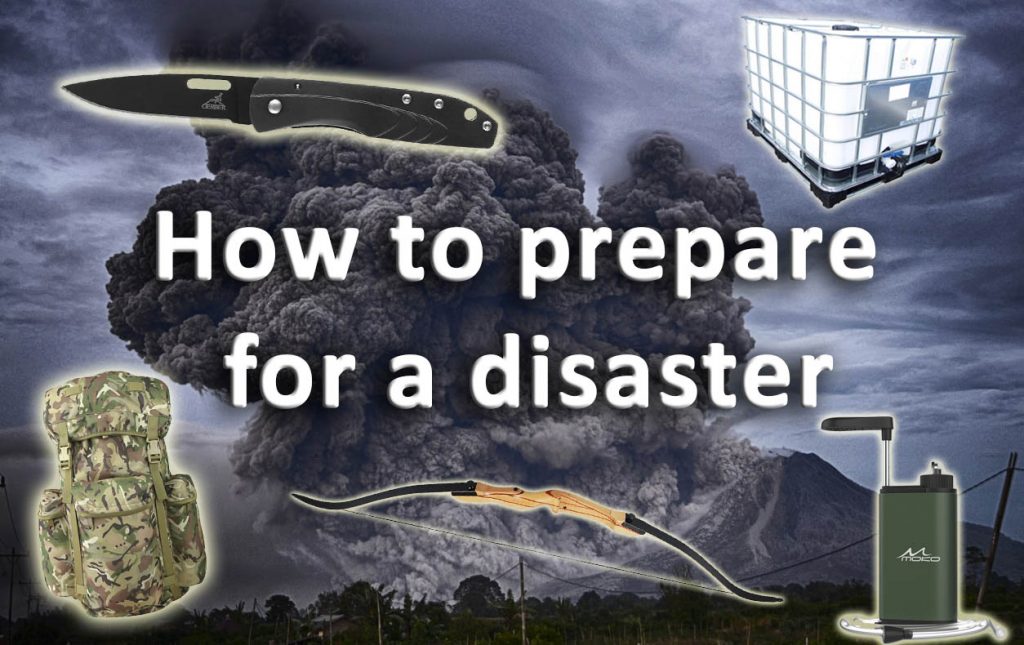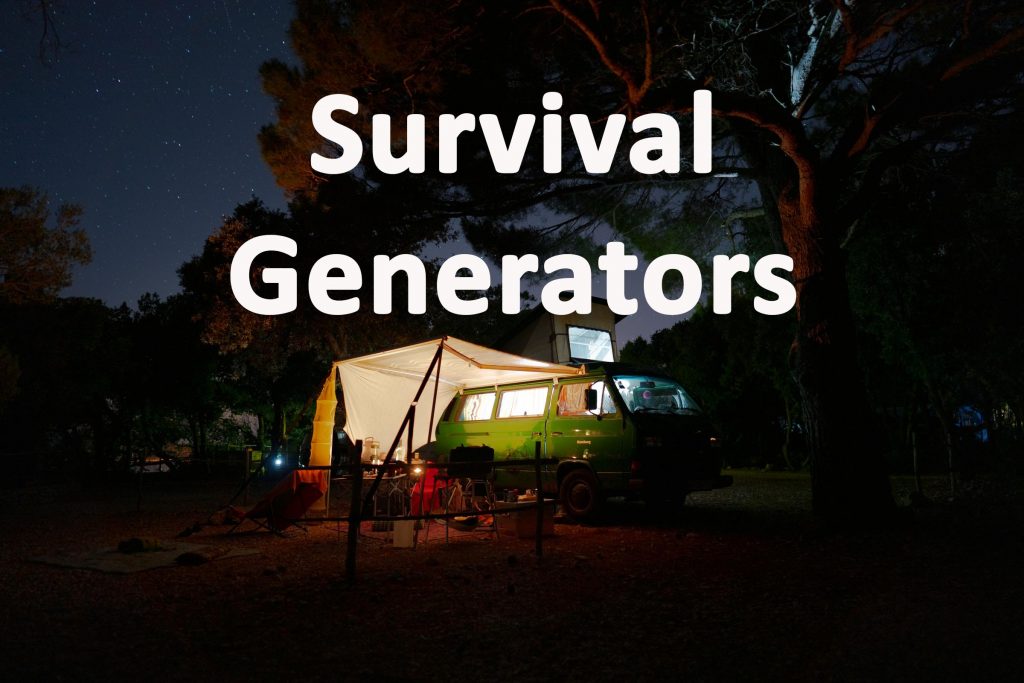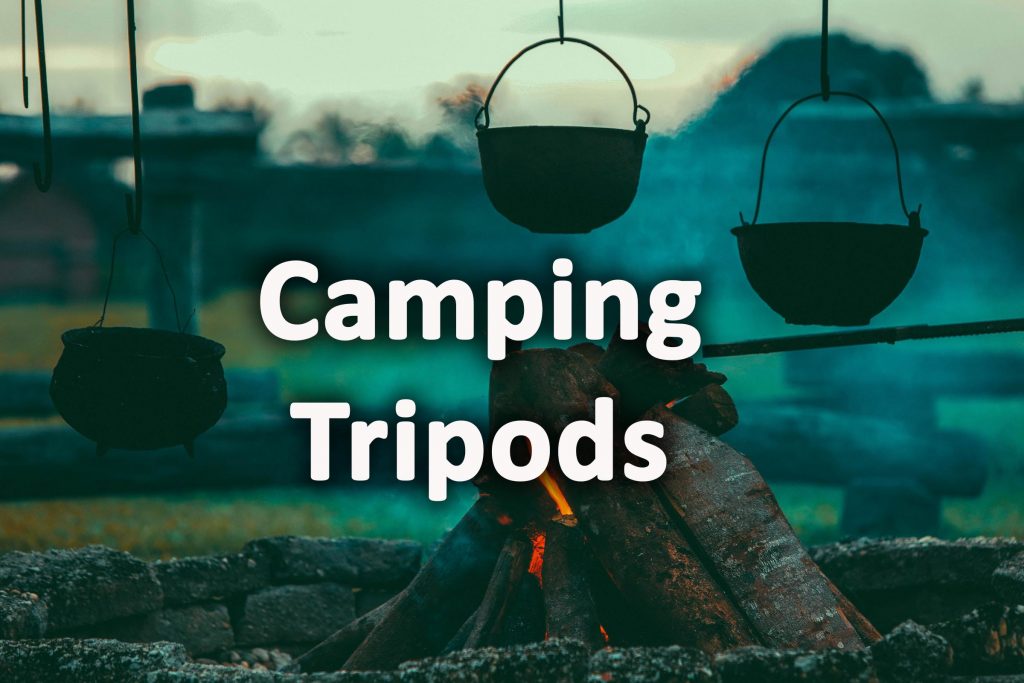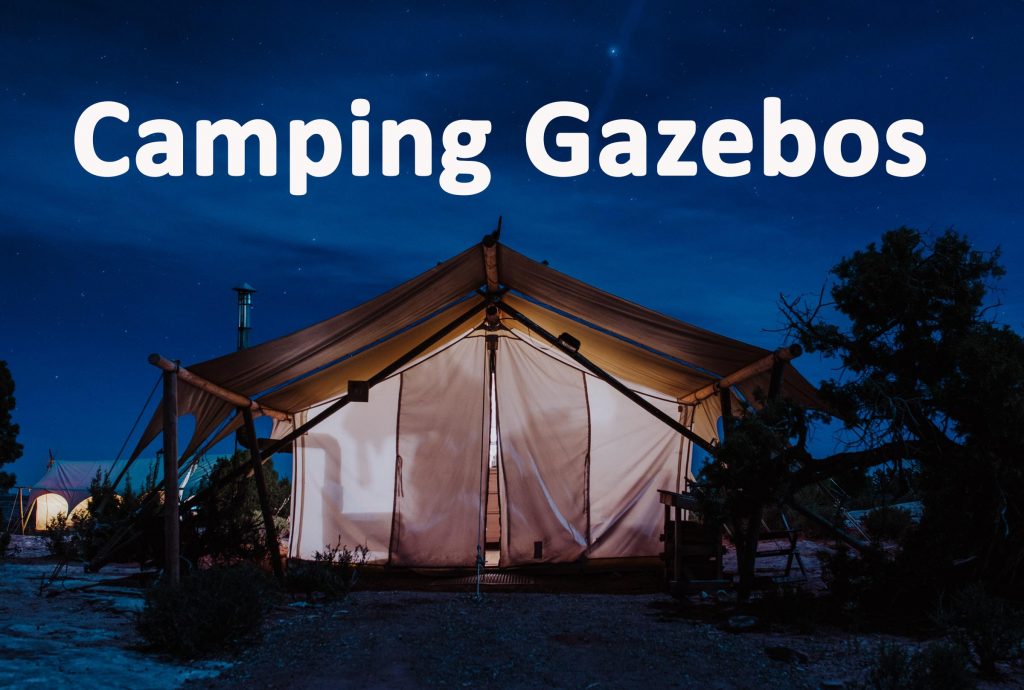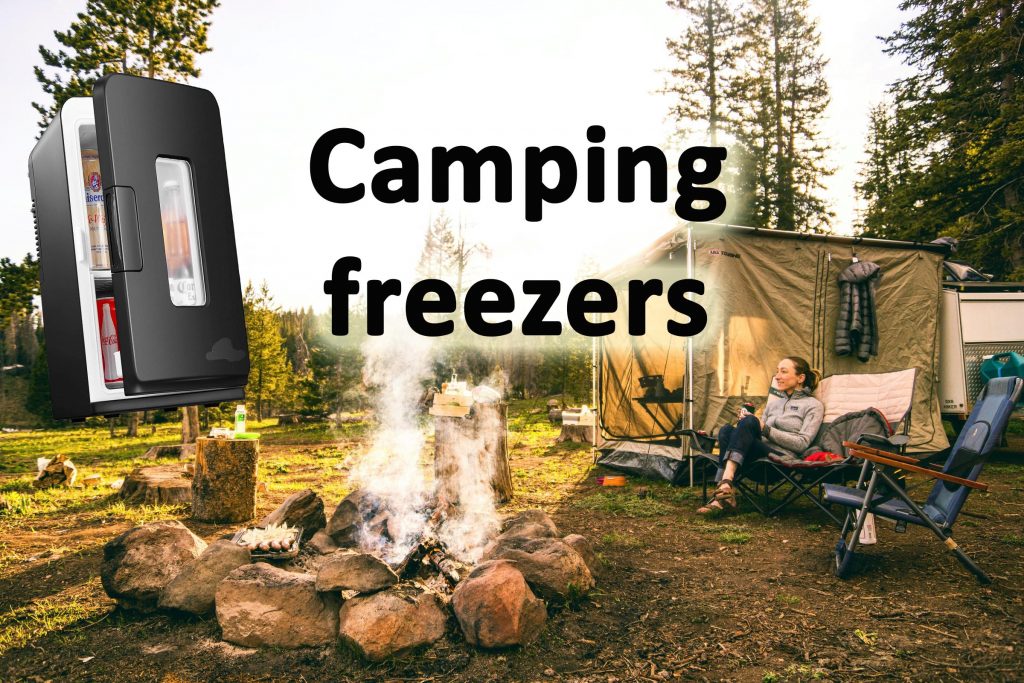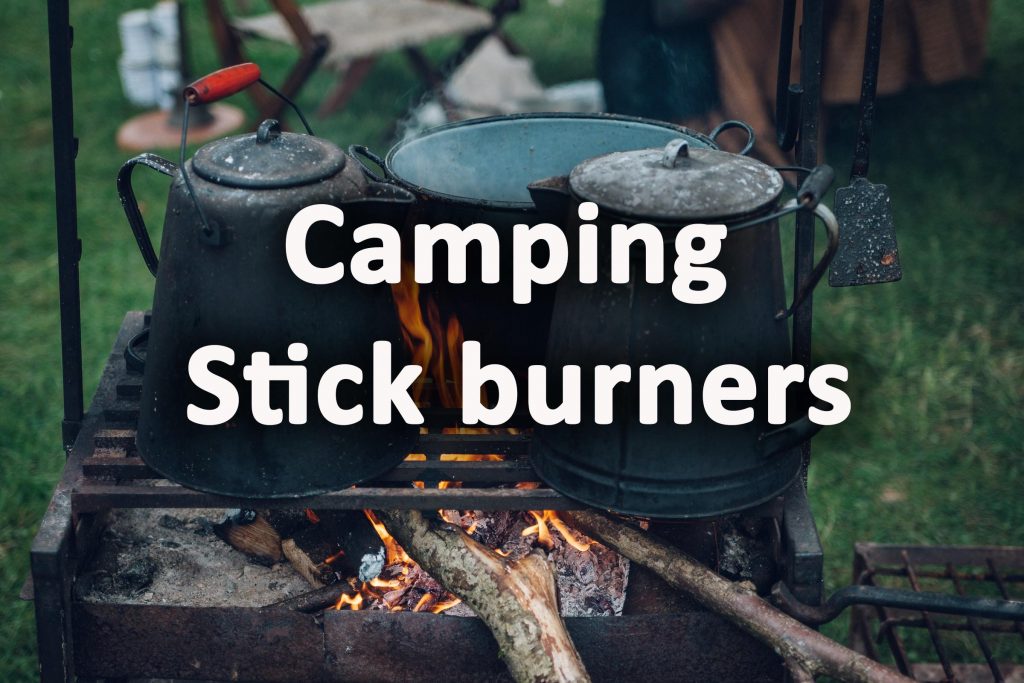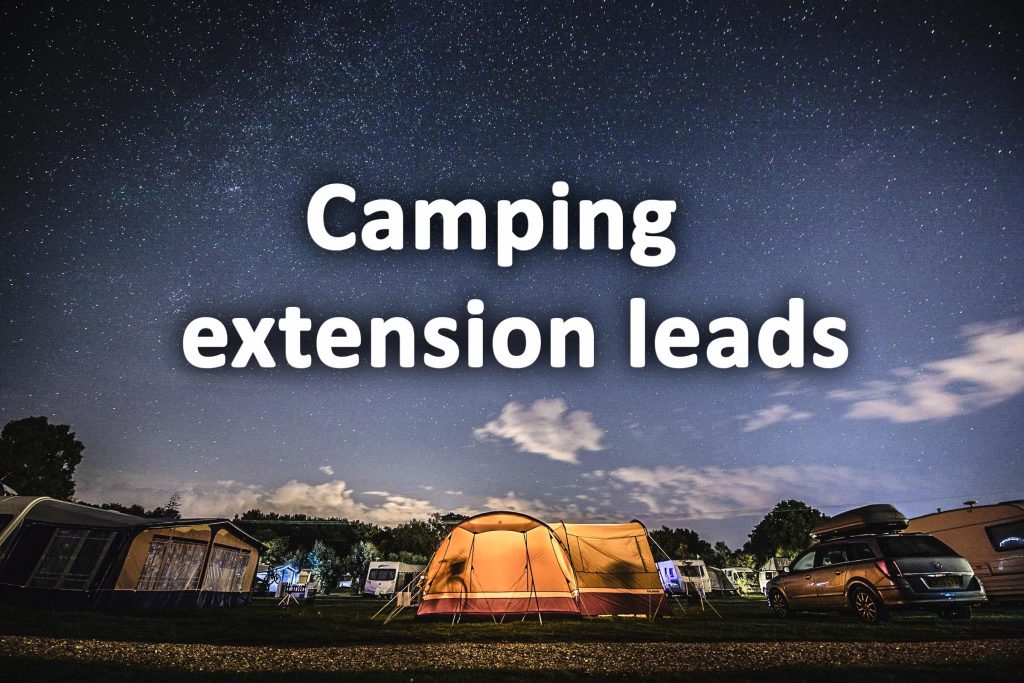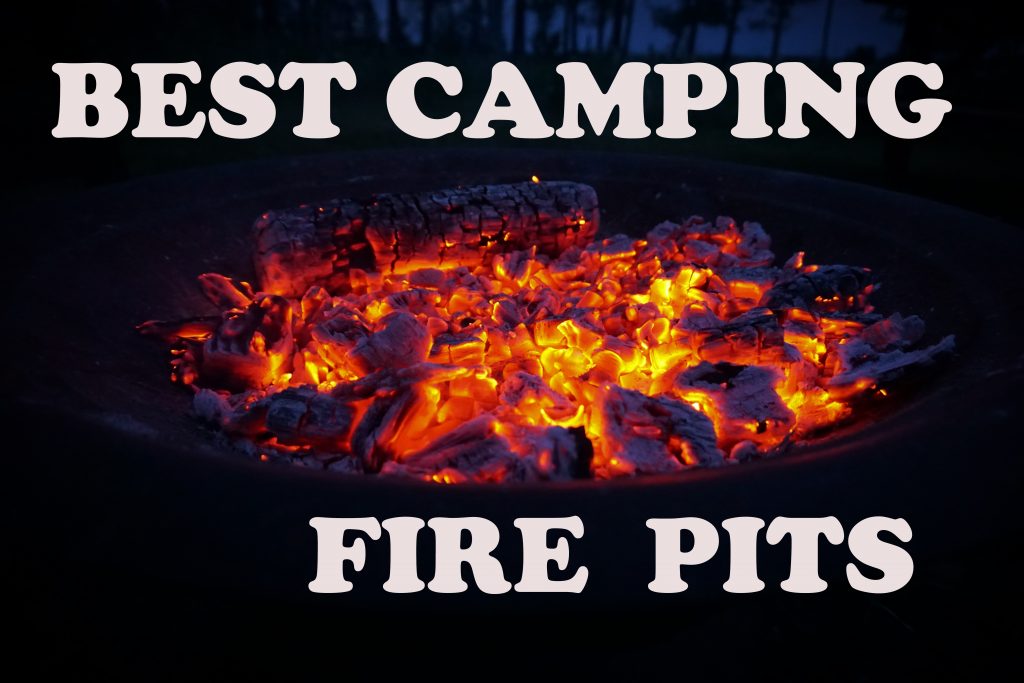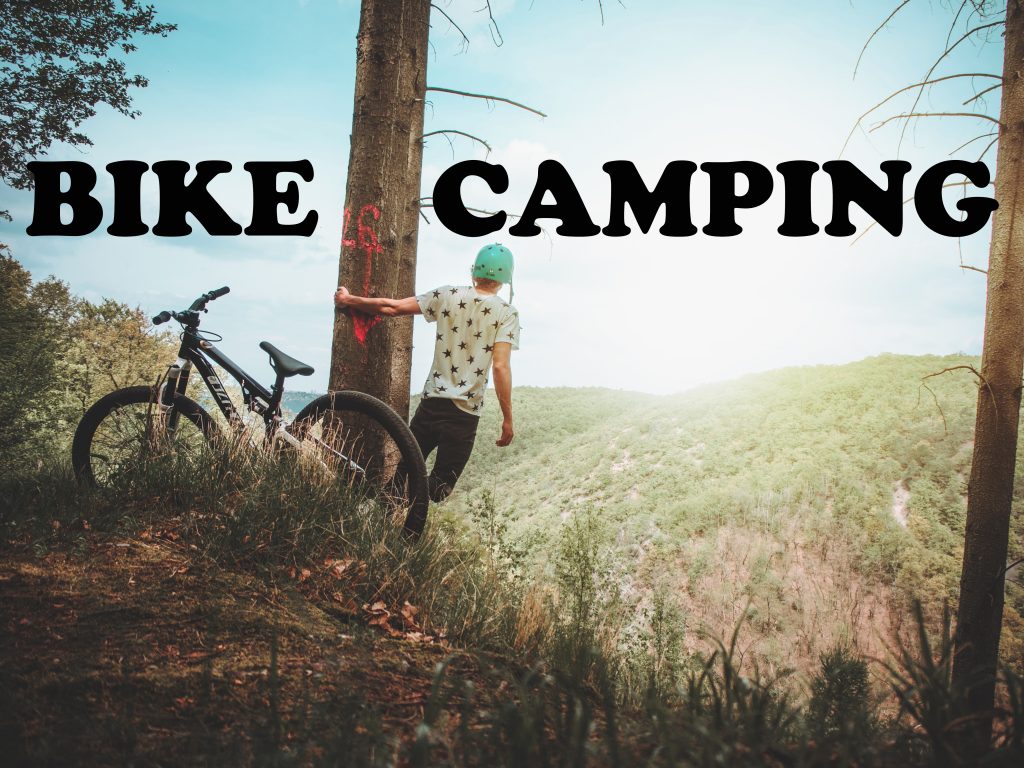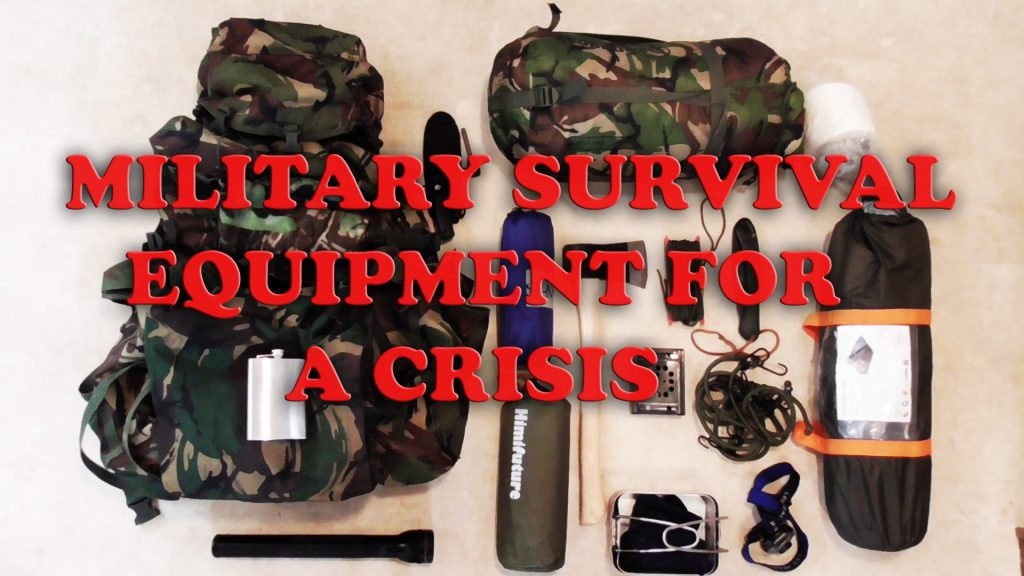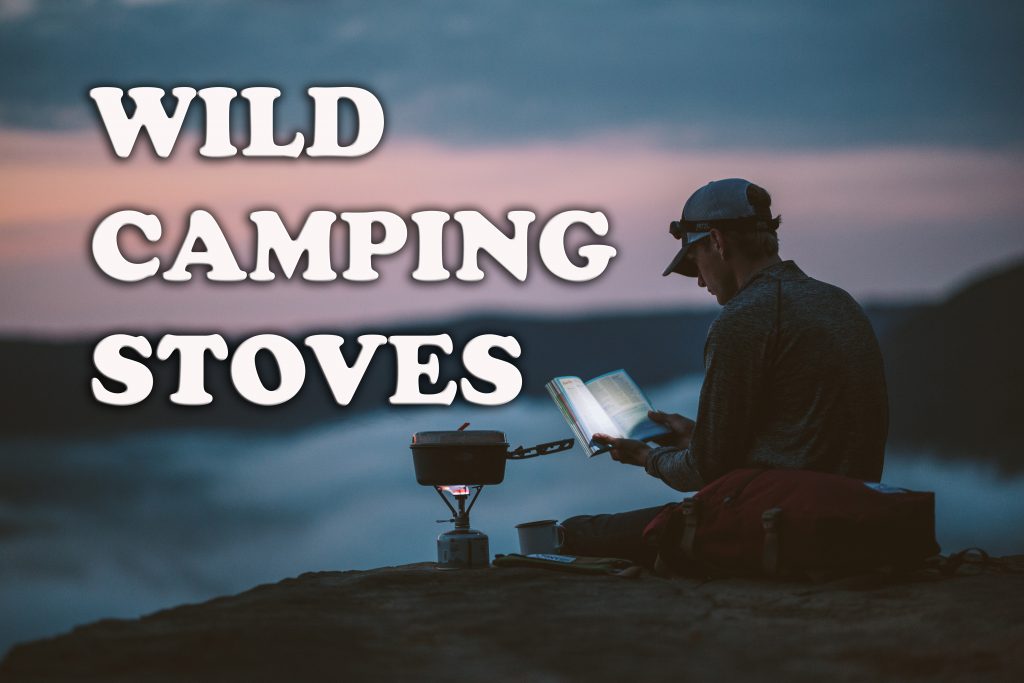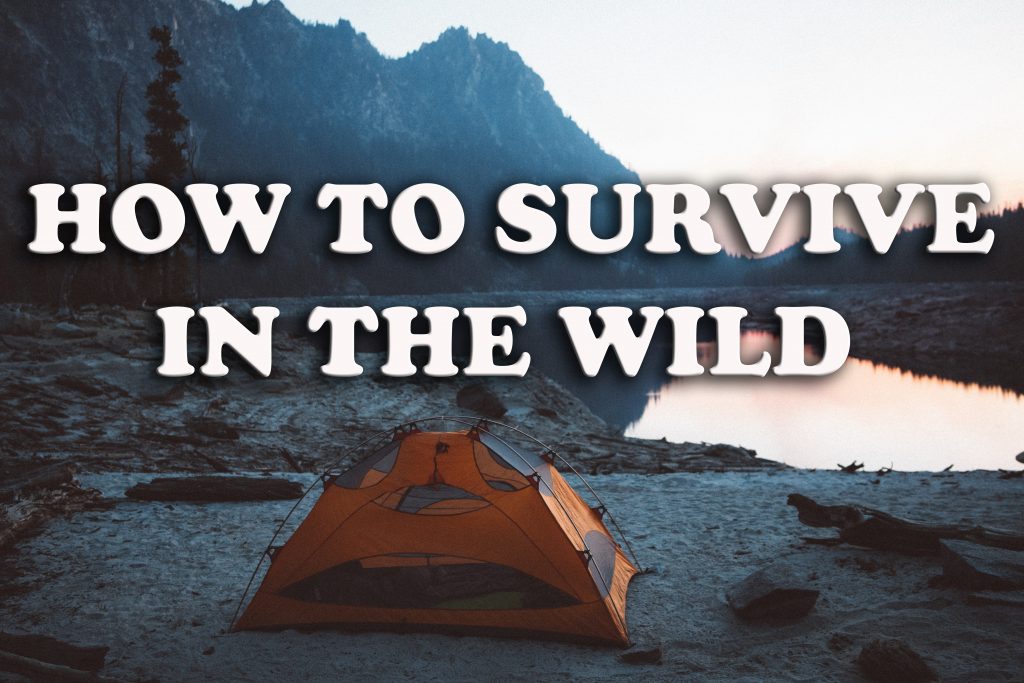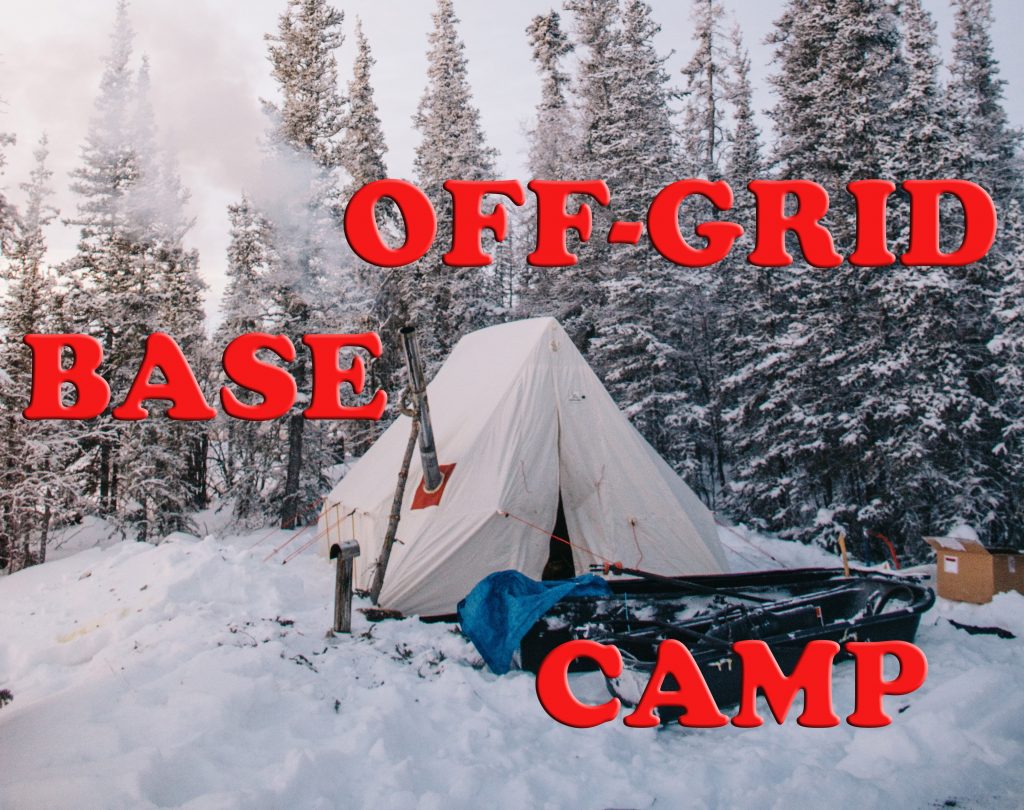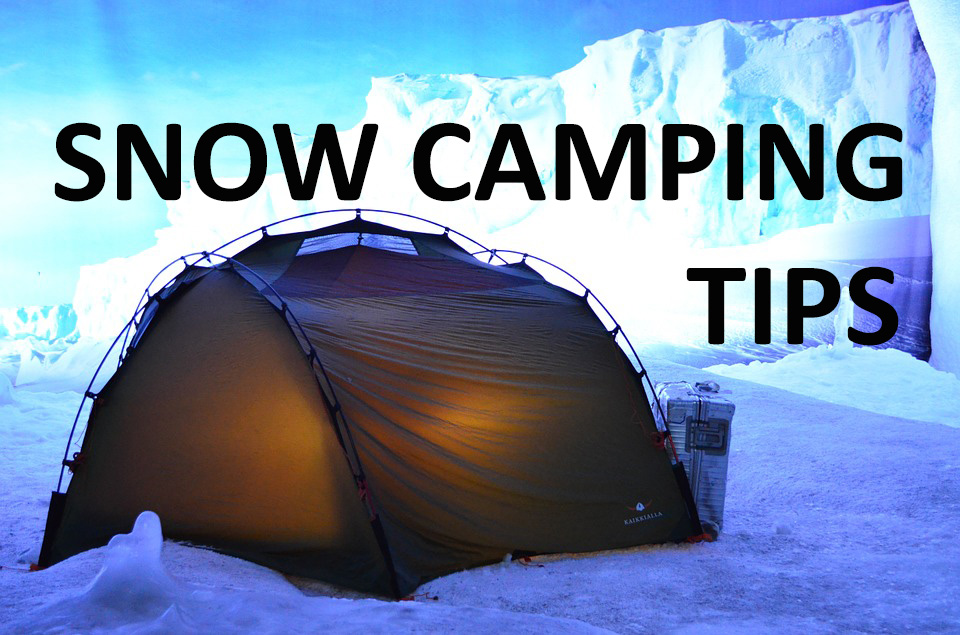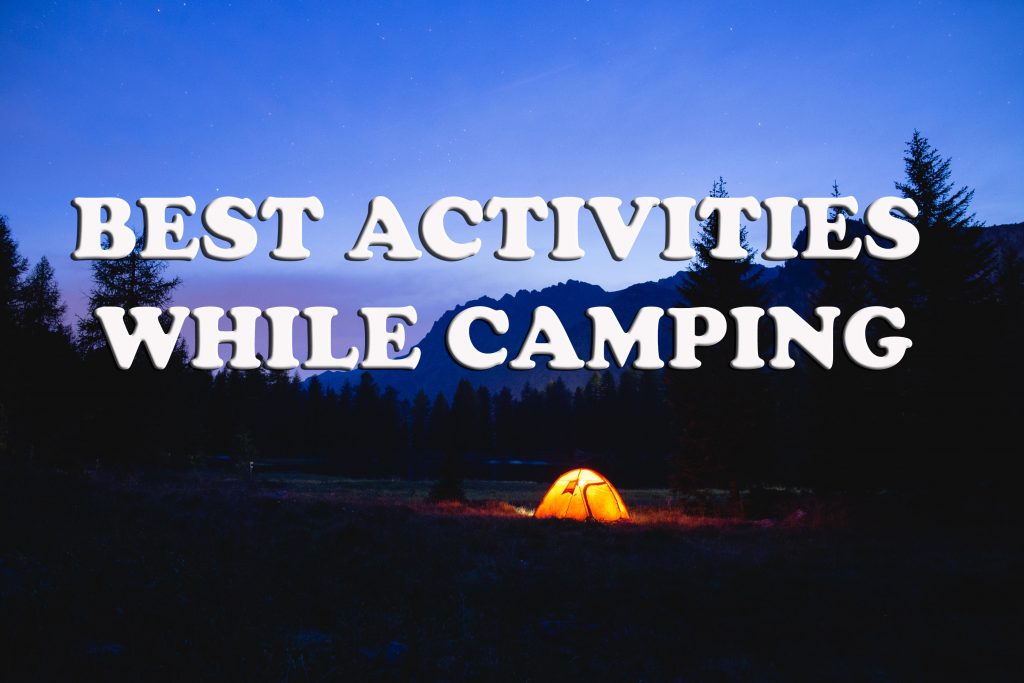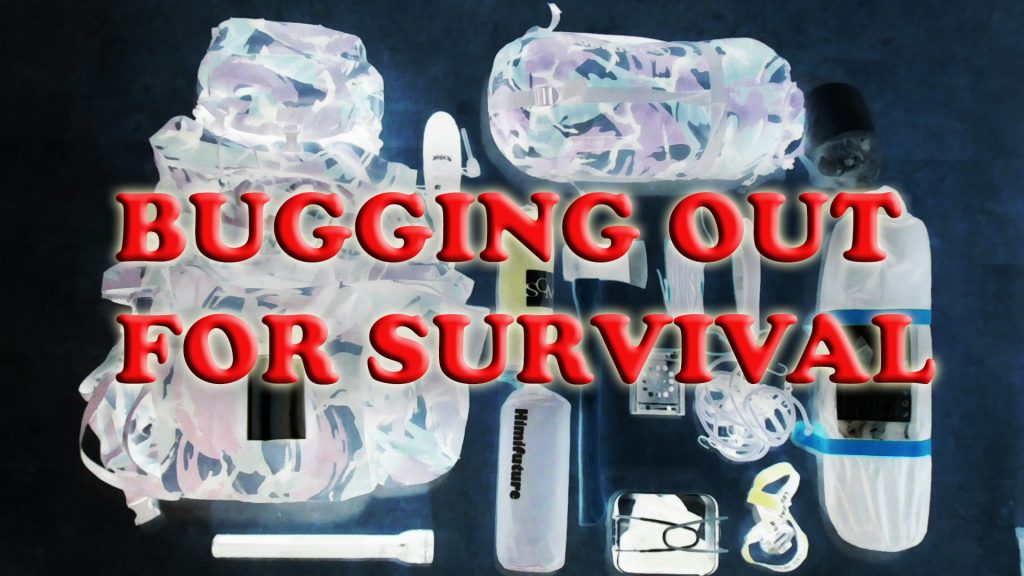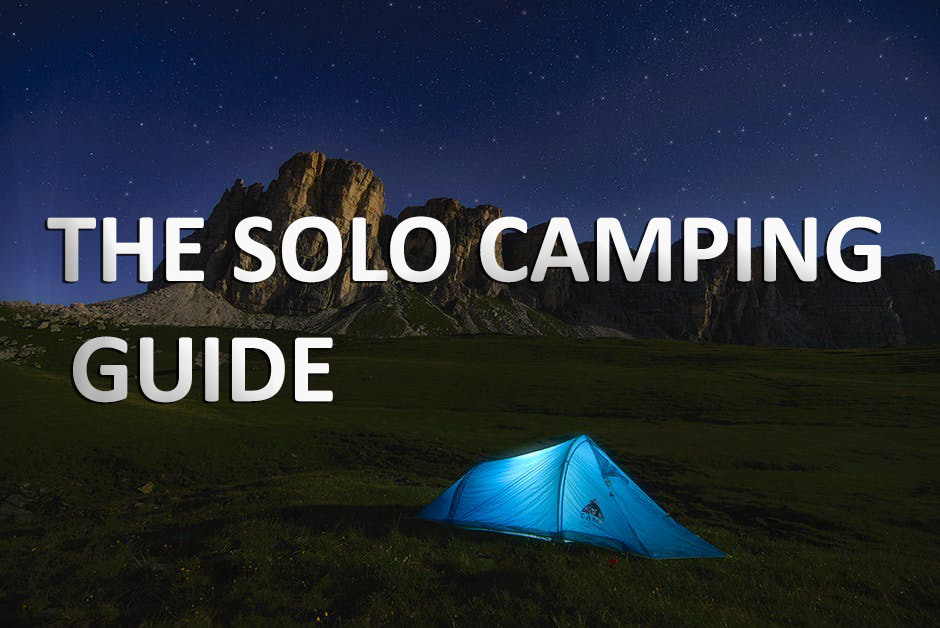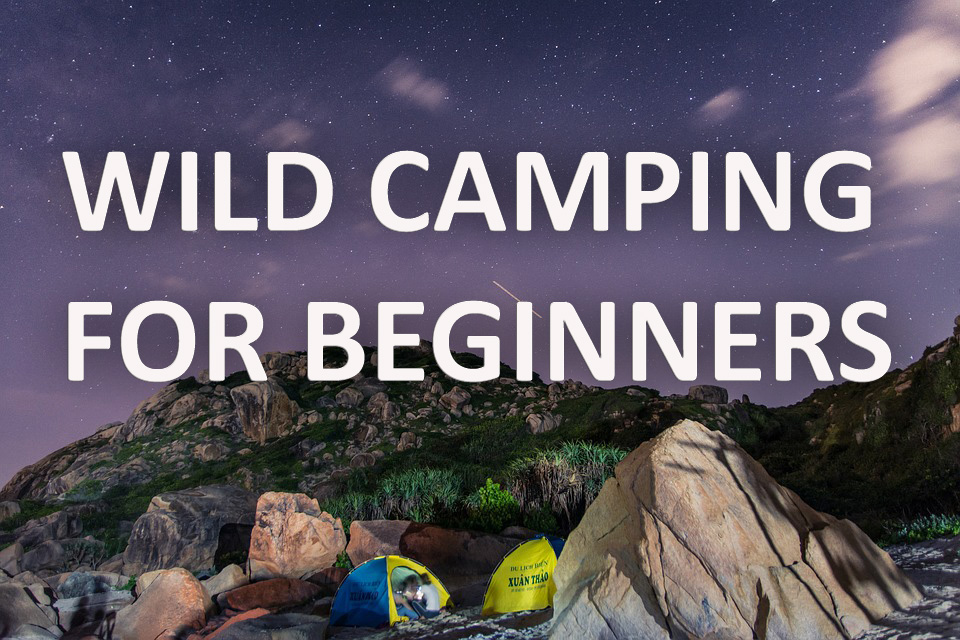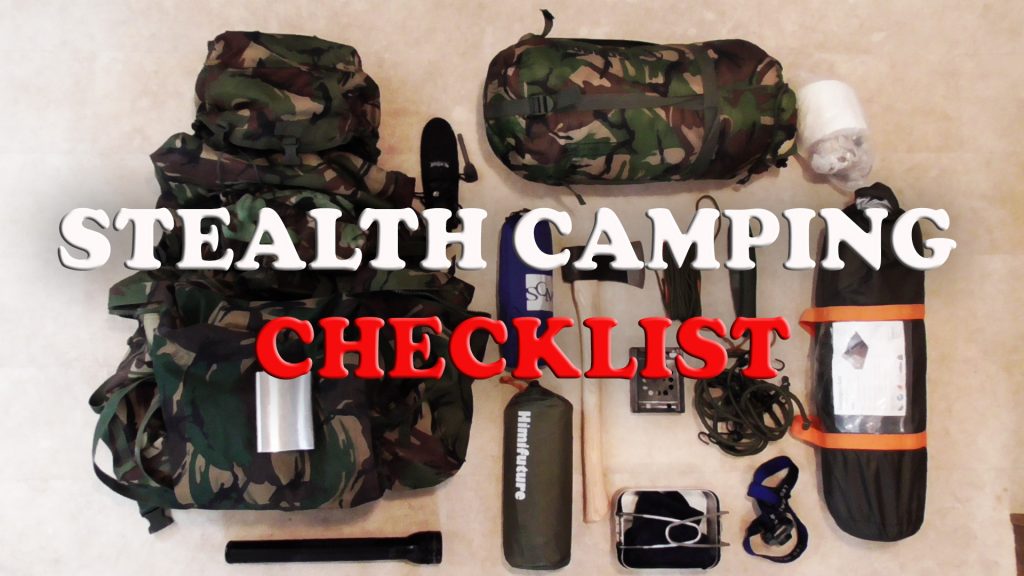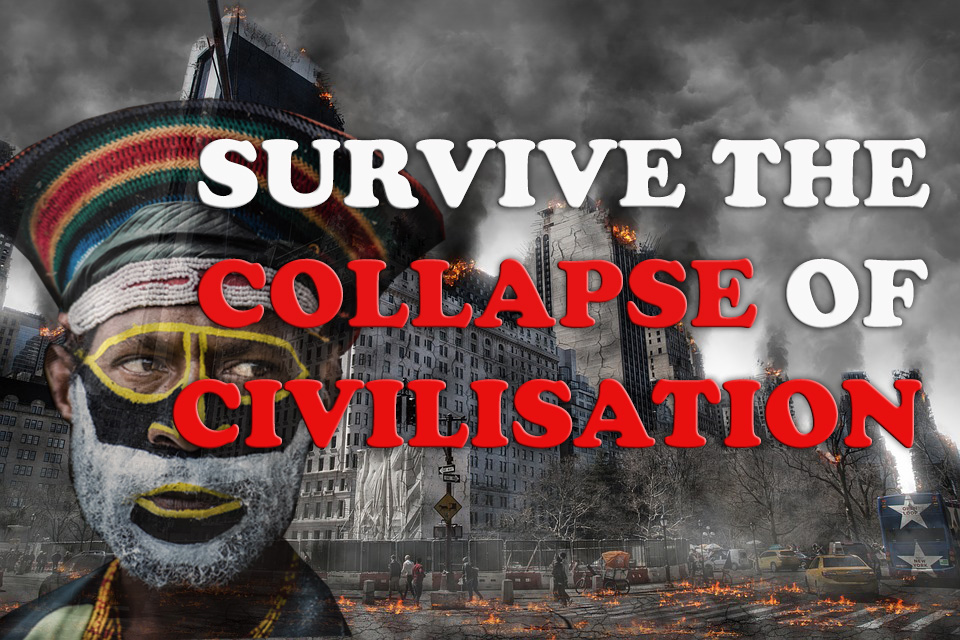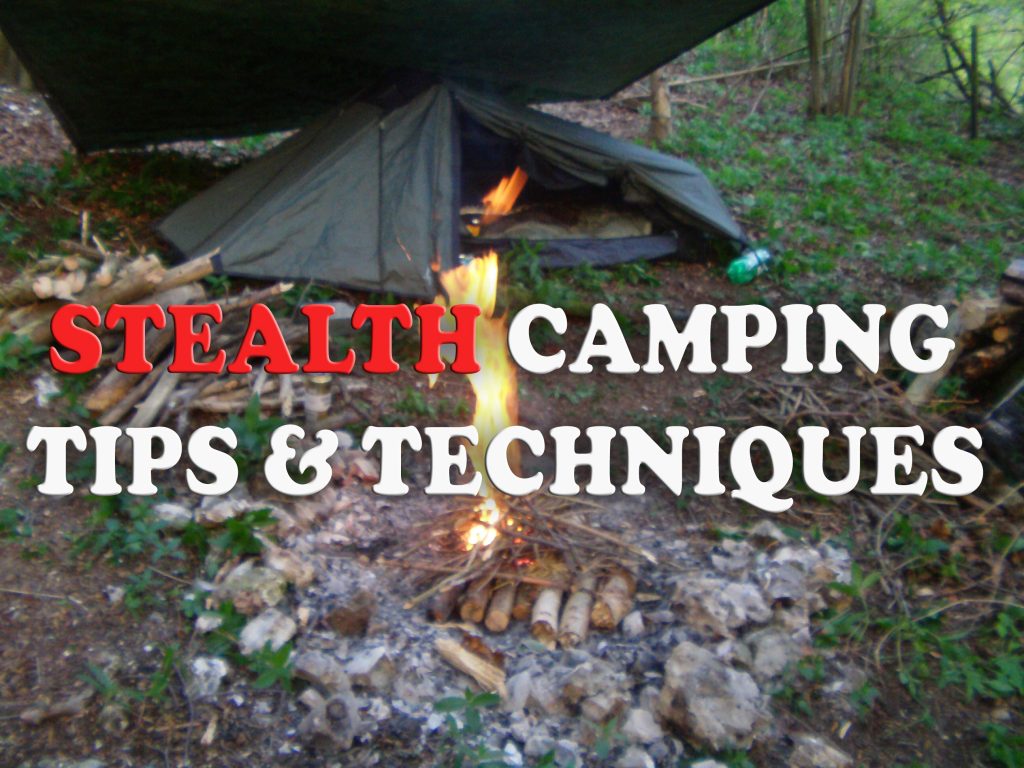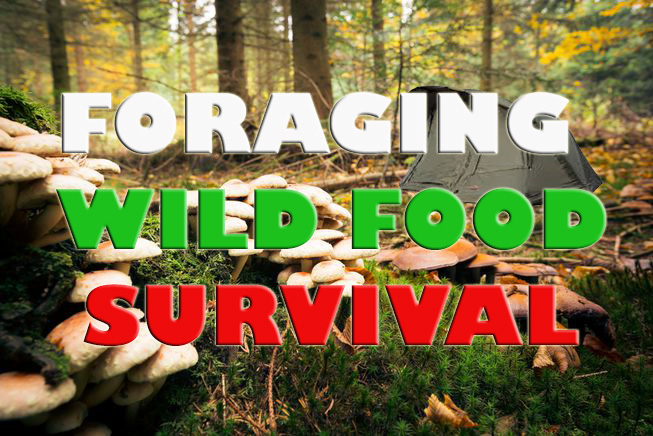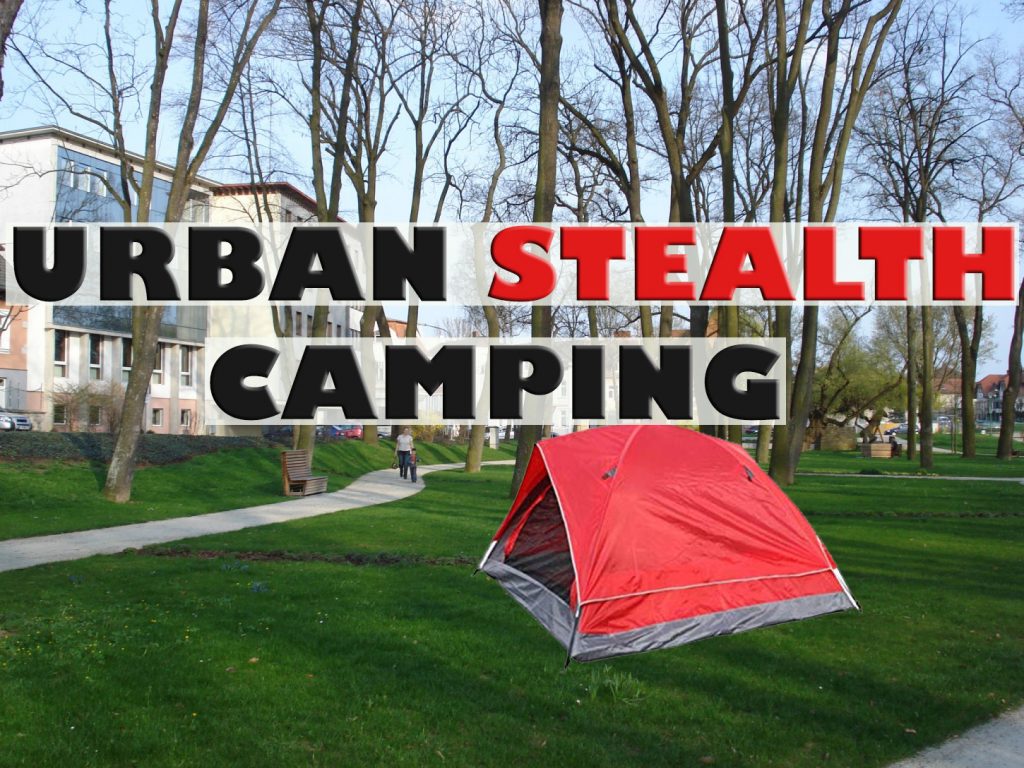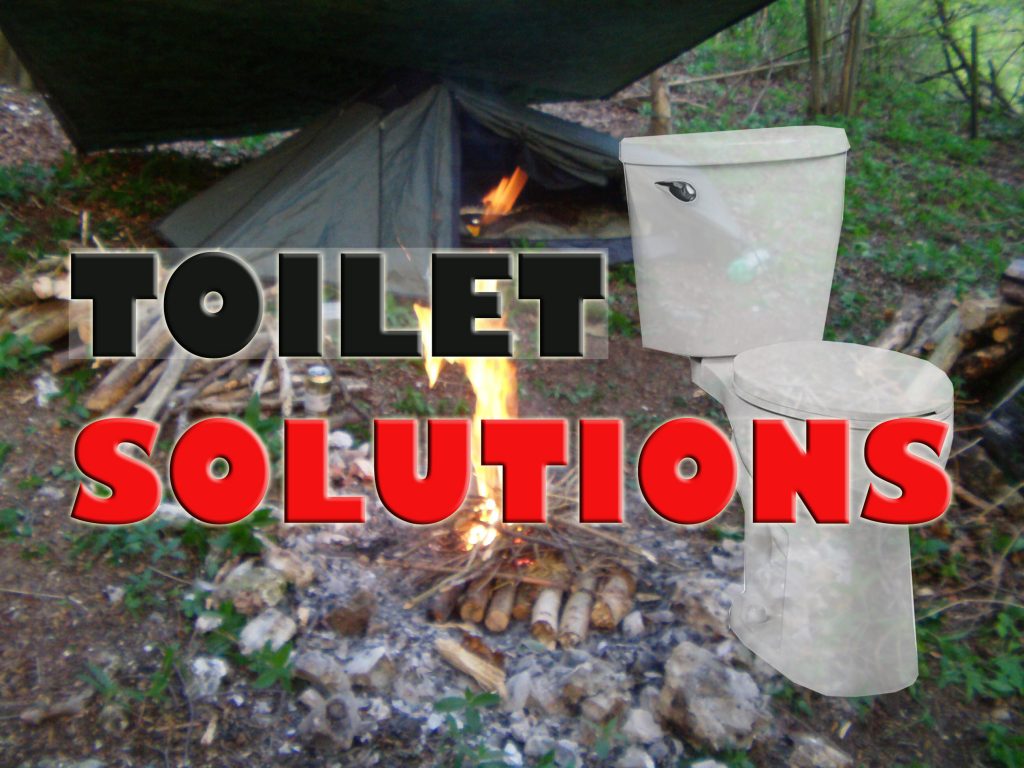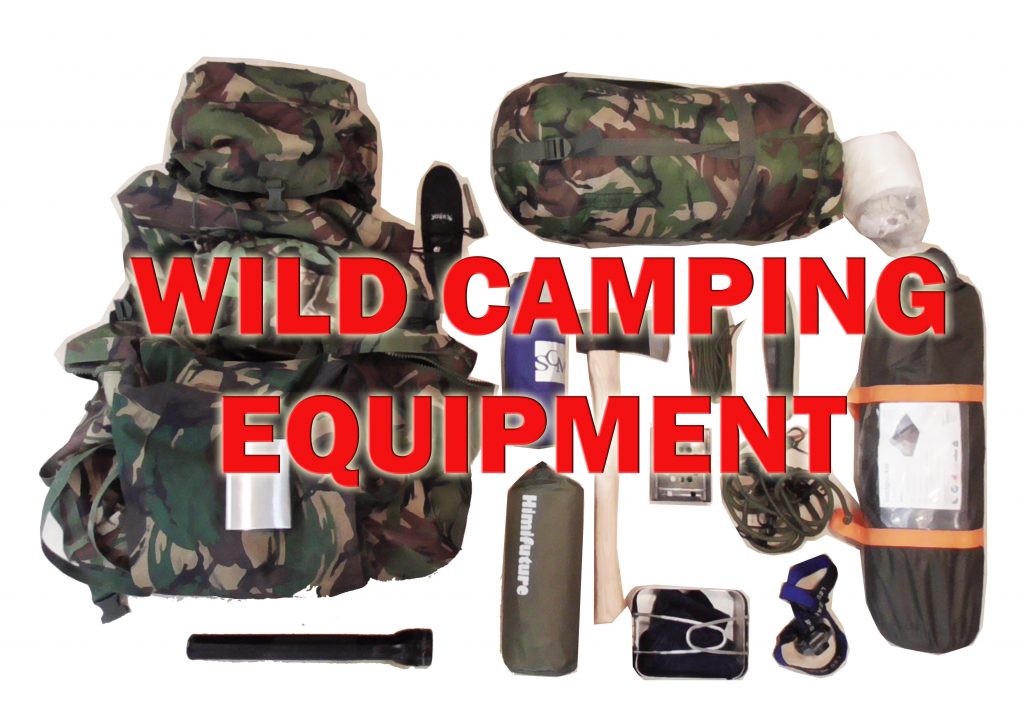This article contains affiliate links
In the past 70 years mankind has generally enjoyed a period of raised living standards and stability. Since World War 2 developed nations in particular have enjoyed lifestyles our predecessors could only have dream of.
However recent times have also brought with them their own unique, problems.
Climate change, ecological destruction and wealth inequality is beginning a new wave of discontent. This is especially so for younger people who are laden with a future of debt poor employment opportunities.
It is very easy for contemporary populations to assume their lives will always be stable. The truth is historical, economic and meteorological cycles show us that we are well overdue for a crisis.
Coronavirus showed us how a quickly a crisis could arise and just how ill equipped governments can be. In life nothing is for certain! We have got used to so many conveniences we are now poorly prepared if the worst happens.
What if your water tap ran dry tomorrow? The electric went? The stores were empty? How long would you survive?
Current estimates indicate that in such a system collapse 90% of humanity would be dead within 3 months.
Dehydration, lack of food, disease and exposure would be the main causes of death. But how could this happen I hear you say? Well it’s much more likely than you ever imagined!
What could be cause a disaster?
Economic collapse
For many the idea of an economic collapse is almost unimaginable. An era of rising asset prices and equity bubbles have made people feel mush wealthier than they are. Asset classes such as stocks and housing are some of the best examples of such a warped economy. Such bubbles are deliberately inflated by governments to fuel ‘the wealth effect’ and feed consumer spending.
However these bubbles are a direct result of a failing economy which never truely recovered from 2008. With current money spending now spiralling into the trillions severe economic turbulence is imminent. Economic collapse could be far worse than historical recessions and even depressions. A bankrupt government would mean a shutdown of energy grids, utilities and food supplies.

Social unrest
The past couple of years have seen quite some social volatility politically and socially. There has been a growing distrust of big governments and anger with the system. Younger generations in particular are sick of student debt, poor employment prospects and out of reach house prices. There is more mental health problems and anger at the system than ever. History has shown that social unrest can easily spill over into civil war and system collapse. Such an environment would become a fight for survival and basics such as food becoming scarce.

Pandemic
2020 showed us just how venerable we all are to the ravages of nature. As much as many saw Coronavirus as a one off tragedy the truth is it was completely predictable. Pandemics have been common in history and a large one is expected every few decades. However modern governments rarely plan well for such events doing the bare minimum. Even though Covid 19 was catastrophic economically in disease terms it was a relatively mild disease. There have been much worse diseases in history and there will be in the future. Maybe next time civilisation may not be able to come out the other end.

War
Just as society has become accustomed to little volatility we have also got used to peace. Peace is a something which is extremely valuable but also easily taken for granted. Historic cycles have shown us that unfortunately wars always seem to come around. This basically comes down to human nature. Our closest living relative’s chimpanzees form warring tribes which continuously pursue their enemies. People are exactly the same so don’t bank on a future of love, peace and tranquillity forever. When vital, global, commodities such as oil, metals and food run low expect trouble.

Terrorism
Terrorism is an ongoing threat for world governments and society in general. With the modern era terrorists are becoming ever more sophisticated in their ability to case mayhem. In the past terrorists relied upon guns and bombs but today they can harness technology. Hacking of vital technology systems can lead to surprising amounts of disruption. This can lead to a breakdown of communications and supply chains. Subsequently such virtual terrorism could lead to a complete breakdown of society.
Climate change
Climate change is an ongoing problem which is greatly overestimated in its ability to threaten civilisation. In fact there are whole tracts of the population which even deny its existence. Rising temperatures and atmospheric levels of carbon will soon reach a tipping point. When we go past the point of no return we could experience dramatic global heating. This could lead to crop failures and mass starvation. As human settlements today are so reliant on central grids and supply chains this would cause a complete collapse.

Peak oil
Peak oil used to be discussed quite a lot at the end of the 1990’s however it has since been forgotten about. This is at a time when world economies are using more oil than ever before. An improvement in technology has led to better oil exploration but there is one elephant in the room. Oil will run out and it is becoming even harder to find and extract. Renewable sources of energy are decades away from taking the demand from oil. When supplies become limited expect its use to become only for the very rich. Soaring food prices would last to economic collapse and a humanitarian disaster.
Natural disaster
Natural disasters can come at any time and usually without any warning at all. Typical examples of these include; earthquakes, tsunamis, volcanic eruptions, hurricanes and even asteroid strikes. Although these seem unlikely to many they are historically very feasible. Such events can cause severe economic trauma and lead to systems collapsing. This can result in daily essentials such as food and water disappearing in a blink. Natural disasters can be very quick to unfold; the best thing you can do is be ready and prepared.

Anticipation
One of the most important steps of preparing for a disaster is the anticipation of it. Wishful thinking and a false sense of security is a very troublesome path t tread. If history has taught us anything you must always expect the worse.
Anticipation of a disaster is half the battle as when you anticipate a disaster you plan by default. Even a basic mental map of where water and shelter can be found is better than any financial asset. The problem is most adults today have lived during such stable times they simply do not believe such events are possible.
This will be their downfall as looking at current factors we have very significant challenges in the coming decades. As I sit here in 2021 I believe both climatic factors and bankrupt governments are the biggest threats. Once you have anticipated a disaster you can begin to plan for it.
Become physically fit
Physical fitness and robustness is one of the most underrated methods of disaster preparedness. If a disaster happens you will most defiantly have to move great distances and engage in strenuous activities. When all of the conveniences of modern society are abruptly taken away it is a crude awakening.
All of your families security and food needs will become reliant on your physical condition. Therefore in anticipating a disaster you must become as fit as possible. If you are new to exercise take it slow at first but your training must be challenging. Your body will adapt over time so give yourself monthly goals and action plans. Your goal should be to try and loose body fat, gain muscle and build cardiovascular fitness.

Learn relevant skills
Before any disaster strikes it is a good idea to have a skill set in place to help you in such an event. These will typically be basic skills which were once common in early human civilisation. Skills like plant identification, hunting, fire building, animal husbandry and building will be vital. Therefore it is a good Idea to familiarise yourself with these before a crisis happens. If you need to escape human settlements for survival you may have no access to books or the internet. The best knowledge in these situations is the knowledge in your brain. You have to ask yourself the question; if society collapsed today could you rebuild from scratch. Imagining such a scenario will enable you to envisage the skills you will need to prosper.

Have a plan
Having a rehearsed plan in the event of a disaster is crucial to getting through it in one piece. Nobody knows how they will react in such a situation but the majority panic. This is especially for people who have never experienced any form of pressure or volatility in their lives. Therefore the ability to do the right thing by default is the way to guarantee your survival. The main considerations in your plans and questions you should ask are;
Where will I be able to access water?
Where will retreat for shelter?
Does your family have an emergency meeting point?
What is my evacuation strategy to get to my place of shelter?
Do you have a method of transport to get away from the town?
Make sure you have a place far away from danger which has food, water and shelter.
Make sure you have methods of communication such as crank radios phones.
Save emergency numbers and government news alerts
You will need some form of power generation such as a generator or solar power bank
Do you have methods of defence encase I encounter looting mobs
Unfortunately when there is no law and order and people become desperate they are dangerous. Hence in an extensive disaster it is always wise to get away from towns and cities. The best option is to travel to a secluded location where you have food, water and shelter. This could be a second home or an off grid camp in a wilderness location.
Have an escape pack

If a disaster strikes it will usually strike fast and furious. Hence it is not a good idea to leave preparation to the last moment. The best strategy in these scenarios is to have an escape pack ready to go. These should be a large military or mountaineering back pack with a large capacity. Each member of your family should have one ready to go in case of an imminent disaster. These emergency packs or ‘bug out bags’ can then be packed and ready to go at a moment’s notice. These should be packed with essential survival items for a disaster, we have listed these below.
Escape essentials for the car boot
Prepare an off grid living location
In a disaster your best hope for survival is a base camp shelter away and off of the grid. This allows you to survive in a location with plenty of natural resources and away from people. This will be more important depending on what type of disaster you experience. However with modern settlements dependent on supply chains people would become a threat and liability. As people become desperate they will loot, steal and either murder for resources.
Having a fast plan to get away and shelter far away could save your life. A remote, rural location will give you a chance to access fresh water and forage for food. Such base camp living will not is glamorous but it will allow you to sit out the turmoil. For more information about creating an off grid base camp, check out our article on the subject here.

Become a self sufficient homesteader
If you have a base camp just in case the worst happens depends on your location or specific circumstances. However just preparation for such a disaster makes you more critical of your current living arrangements. The more you contemplate what a disaster could look like the more one desires to be less reliant on the system.
The only true way to do this and avoid disasters is to become more self sufficient. This entails relying more on your own efforts for food, water and shelter. This neatly describes the lifestyle of a self sufficient homesteader and resembles more traditional farming. Homesteading is a much more ethical existence living within your means and eating the best nature has to offer. If you want to protect your family from future disasters this is a good way to go about it.
To learn more about self sufficiency there is a good website on the subject. Visit: www. Selfsufficienthomesteadig.com for more information.
Thank you for reading our article on how to prepare for a disaster. What do you think? What plan have you got in place for if the worst happens?
‘As an Amazon Associate I earn from qualifying purchases’
